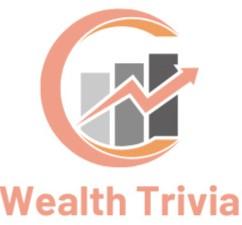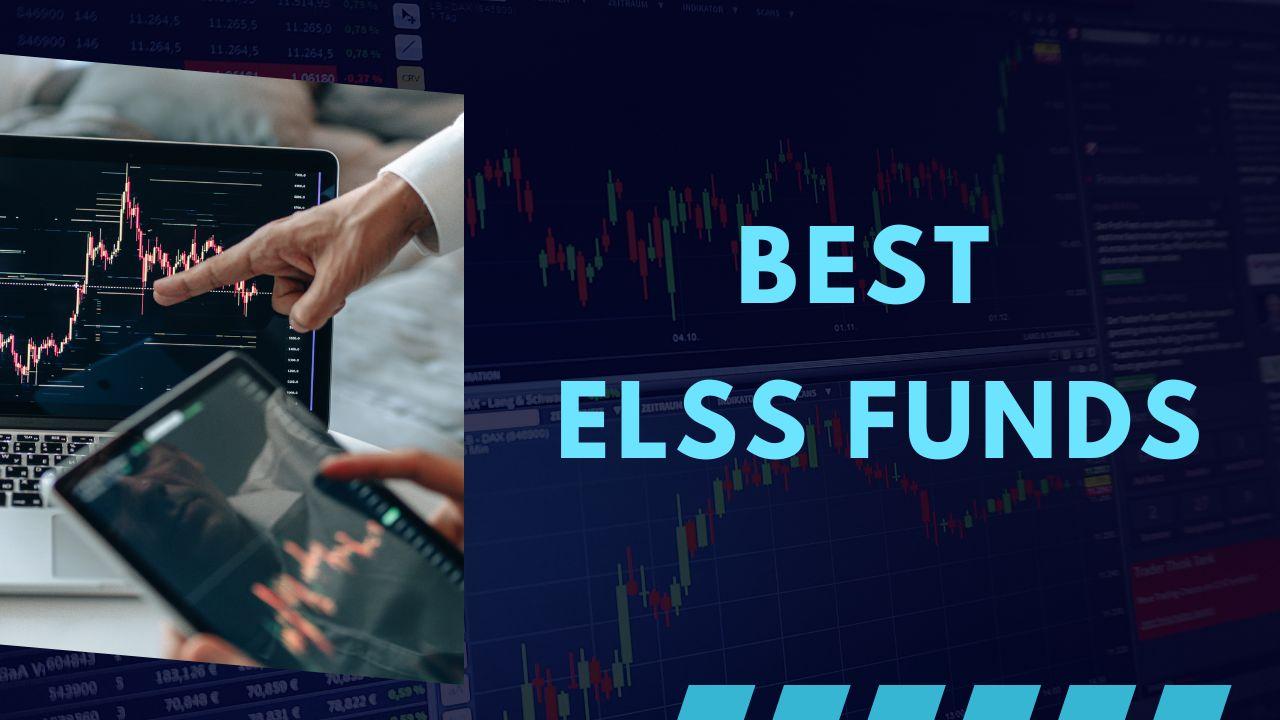Best Elss Funds Or Best Tax Saving Mutual Funds
ELSS mutual funds are also called as the tax-saving mutual funds. You may deduct up to Rs 1,50,000 in taxes according to the rules of Section 80C of the Income Tax Act of 1961. The best investment choice available under this Section is ELSS. You gain the benefits of tax deductions and long-term wealth creation by investing in these mutual funds.
What is an ELSS Mutual Fund?
Mutual funds in the diversified category include equity-linked savings scheme (ELSS), sometimes known as tax-saving funds. A portion of the corpus is invested in debt instruments, even though their exposure to equity and equity-oriented products is what they are most exposed to.
Since ELSS is protected by Section 80C regulations, you are eligible to deduct up to Rs 1,50,000 in taxes each year. You might save up to Rs 46,800 in taxes annually by doing this. The mandatory lock-in period for these funds is three years, the shortest in the 80C section.
Who Should Invest in Best ELSS Mutual Funds?
Any person or HUF that wants to reduce their annual tax liability by up to Rs 46,800 should think about investing in ELSS. The only people who should invest in ELSS are those who are ready to take some risk and can commit to holding their investment for at least the three-year lock-in period.
To benefit from the best returns offered by mutual funds, investors are urged to hold their investments for at least five years. It is appropriate to provide five years. You’ll give your investments the necessary time to experience market cycles and generate great profits over the long term.
New investors who are just starting their investment careers can make long-term investments. Young investors are the best candidates for ELSS since they have the time to maximise the power of compounding, enjoy excellent returns, and save up to Rs 46,800 in annual taxes.
How to Choose the Best ELSS Mutual Funds
Fund Returns
Check to see if the fund has maintained consistency over the years by comparing its performance to that of its peers. You can invest in the suggested funds based on these criteria. But keep in mind that past results do not guarantee future success. Future returns are entirely subject to the actions of the fund manager and changes in the market.
Fund History
Select fund companies with a track record of steady performance for at least five to ten years. Based on its benchmark and the calibre of the equities in its portfolio, a fund’s performance is reflected.
Expense Ratio
How much of your investment is used to manage the fund is shown by the expense ratio. Higher take-home returns result from a lower expense ratio. So, if two funds have comparable records and asset allocations, you should pick the one with the lower expense ratio.
Financial Ratios
To analyse a fund’s performance, take into account numerous factors including Standard Deviation, Sharpe ratio, Sortino ratio, Alpha, and Beta. A fund is riskier if its standard deviation and beta are larger than its counterparts. For the greater risk you assume, funds with a higher Sharpe Ratio give better returns. The job of the fund manager is crucial.
Advantages of Investing in ELSS Funds
Dual benefit of wealth growth and tax rebate
The only investment choice that not only qualifies for tax deductions under Section 80C of the Income Tax Act of 1961 but also promotes wealth accumulation is ELSS. The ELSS funds’ equity exposure provides you with the chance to invest for at least five years and generate exceptional profits.
Shortest lock-in period among Section 80C options
The shortest lock-in period among all tax-saving investment alternatives under Section 80C of the Income Tax Act, 1961, is three years for ELSS mutual funds. ELSS mutual funds are therefore more liquid than any other Section 80C investment.
Potential to earn inflation-beating returns
The only investment choice under Section 80C that has the ability to deliver returns that outpace inflation is ELSS mutual funds. This is what makes ELSS to stand out above all tax-saving investing solutions.
Expert money management
Fund managers are financial experts who manage all mutual funds. These people have a proven track record of portfolio management and hold a variety of financial certifications. Every fund manager is supported by a group of market analysts and researchers who only choose the best-performing stocks, which are ultimately advantageous to investors.
Option to invest monthly
With a SIP starting at just Rs. 1000, you may begin investing in the best ELSS funds. Additionally, there is no high investment amount.
How can you save Rs 46,800 in tax through ELSS?
For those in the higher income tax bands, ELSS is a great tax-saving tool. If you invest Rs 1.5 lakh annually in ELSS and fall inside the 30% income tax bracket, you might save up to Rs 46,800.
Even if you invest more than this amount, you can only deduct a maximum of Rs 1.5 lakh in taxes annually from ELSS investments under Section 80C.
This Table showing how much you can save in tax if you fall in the higher income tax slabs:
Maximum amount that can be invested in ELSS is Rs 1,50,000
| Income Tax Rate | 30% | 20% |
| Income Taxes Saved | 45,000 (Rs 150000 * 0.3) | 30,000 (Rs 150000 * 0.2) |
| Health and Education cess @4% | 1,800 (Rs 45,000 * 0.04) | 1,200 (Rs 30,000 * 0.04) |
| Total Taxes Saved | Rs 46,800 | Rs 31,200 |
If you invest Rs 1.5 lakh in ELSS each year and fall in the 20% income tax bracket, you can save Rs 31,200 in taxes each year. Furthermore, if you invest Rs 1.5 lakh in ELSS annually and fall in the 30% income tax bracket, you can save Rs 46,800 in taxes annually.
Also Read – Mutual Fund Vs Etf
Also Read – Best Book For Investment In Share Market

